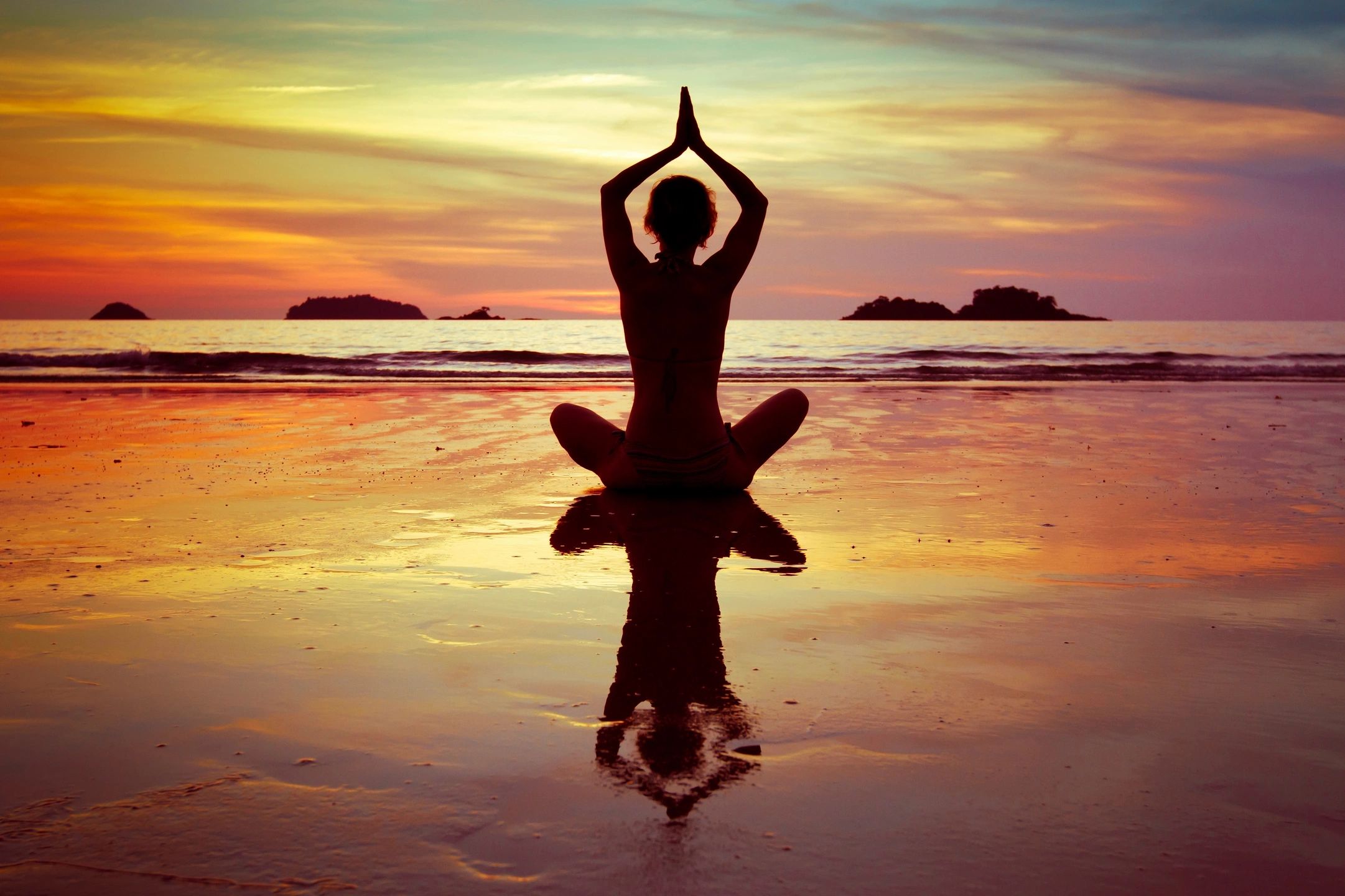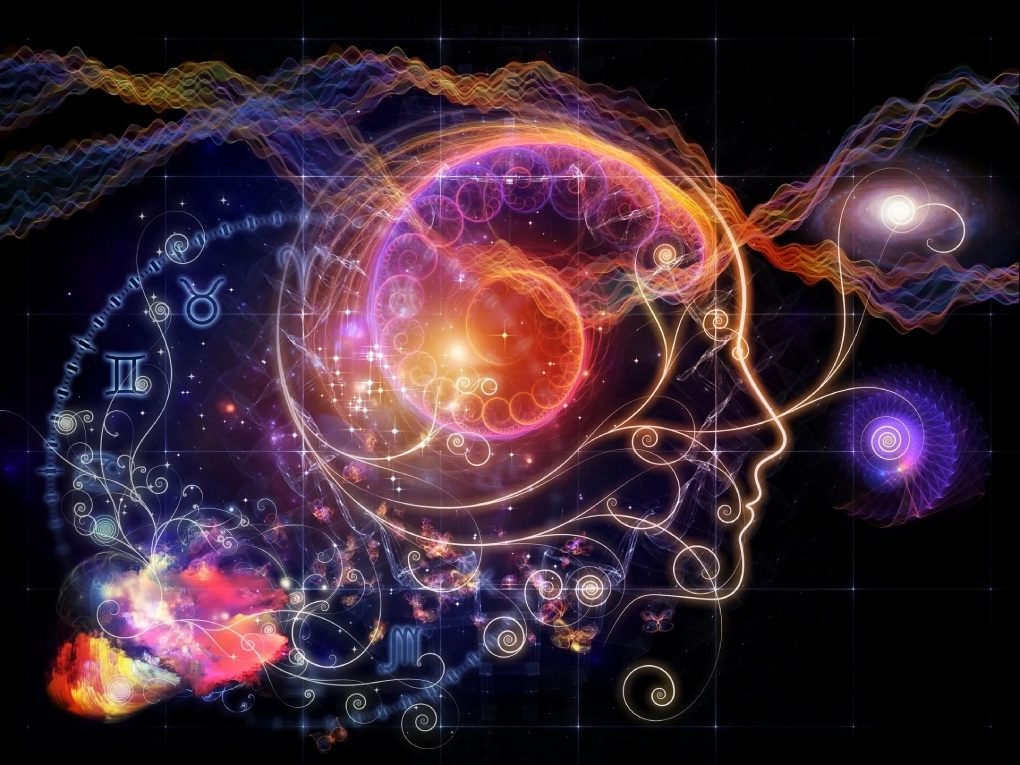
Mindfulness & Meditation
Mindfulness is simply the art of being awake in the moment, of bringing our attention into the now. Of tuning into the present, stealing our minds and slowing down. Being awake in the moment brings us time to be in creation rather than in reaction. In this place of being, we can choose to move our focus of attention from what we don't want to have happened, to what we do. Then we can consciously create the steps to take us there.
Mindfulness is a practise that builds new pathways of connections in the brain. By being aware in the moment of a neurocircuitry we can make the changes in our feelings, thoughts and behaviour. We can interrupt the pre-programmed response.
We can use a set of tools to bring our attention into the present:
By listening, seeing, tasting, touching, smelling and feeling; it will bring us back home to ourselves, grounding us into our bodies and into the now creating a safe place that our amygdala likes which then encourages our hippocampus to open up and be receptive.
What Mindfulness is not
Mindfulness is something many people have misconceptions about. We associate meditation and mindfulness with relaxation and stress relief, and although that can be a happy side effect, it is not the goal.
It is not a religious thing, although it has its roots in Buddhism, mindfulness is not a religion.
Some people believe that mindfulness or meditation is a way to change thoughts and not think any more. They think mindfulness and meditation are difficult, and it takes a particular kind of mind to be able to do it, again not true.
And equally, it is not easy. We are very busy creatures and have been conditioned to be preoccupied with the past or future and have a hard time focusing in on the moment.
Some believe mindfulness is all about here in the now and having no connection or desire to create a better future for yourself. But it is more about creating a balance and a conscious bridge between the future and the now.
It can sound like mindfulness and meditation is wishy-washy and can't be scientifically studied, but a lot of studies in the field of psychological science has proven that it is simply untrue.

5 core components of Mindfulness
There are 5 core components of Mindfulness, that when we start to practise it day to day, we will see a shift in our internal and external worlds.

Attention
Simply means to take notice of what is occurring at this moment. It does not matter what it is, it could be an internal feeling, or an emotion. It may be a series of thoughts; it could be tasting something you are eating or smelling, or it could be something outside yourself, like a conversation or even listening to the wind in the trees. Whatever it is, it's about you, being in connection with what's happening for you in the here and now.

Open awareness
Means that rather than being judgmental with ourselves and others we start to create a mindset that becomes aware of that judgement and then through mindfulness practise begin to let the judgement go.

Acceptance
In mindfulness, rather than fighting experiences or avoiding experiences; it encourages you to lean into those experiences. Leaning into the thoughts and feelings and do not run away from them. And in doing so, without the need to change those experiences, without fighting those experiences, those thoughts or feelings, etc. you can just ‘be’ with them. Accepting them for what they are without your mind getting involved in the judgement of them.

No identification
No identification simply means you are not your behaviour, you are not your emotions or thoughts. They are by products of a set of judgements and labels you took on board when you were a child, reinforced overtime. This is not who you are, you are way more than that. You are way more than the sum of someone else’s misjudgements and limited projection of who they thought you were.

Choice
When we give ourselves permission to experience emotions, to accept them and to observe them; we give ourselves some distance from them. We buy ourselves some time to respond. We step outside our automatic responses and give ourselves the gift of choice, the gift of how to respond in any given situation.
Mindfulness is a lot more than a strategy to manage difficult situations, it is a way to cultivate a more balanced relationship with oneself in relation to life.
Understanding Mindfulness and Meditation

BUILDING BETTER FUTURES
Using these simple tools, by focusing on what we do want to have happened, changing the structure of our sentences and actively rewriting those negative beliefs we hold about ourselves, our abilities and our place in this world will have a huge impact in our lives, our children’s lives and for future generations to come.
